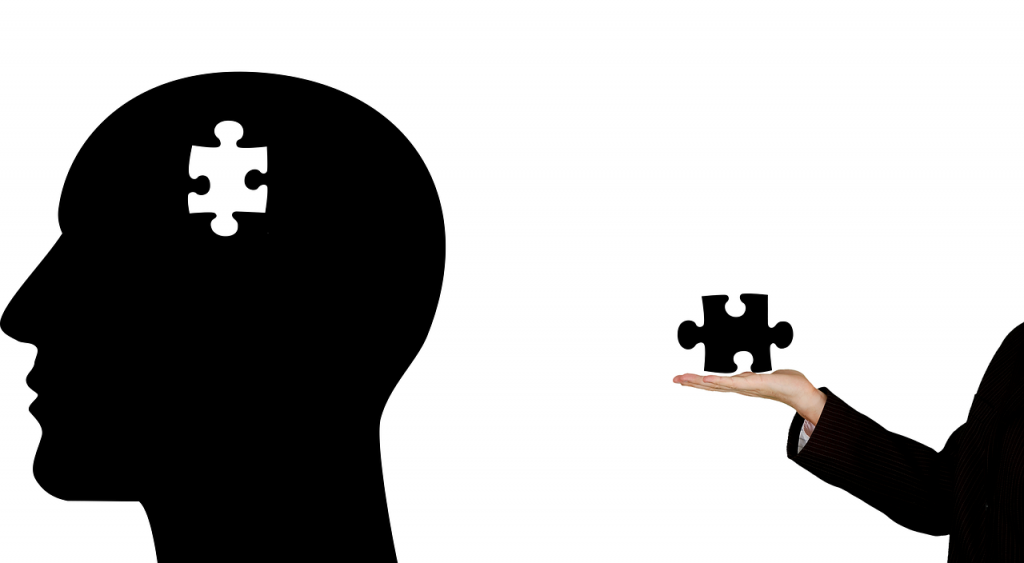By the year 2020, depression is predicted to be the second most common illness all over the world. When we consider the statistics, the number of people suffering from mental disorders is alarming.
Decades of sweeping mental illness under the rug has perhaps contributed to the widespread problem. But thankfully, it is no longer taboo or a mockery to talk openly about mental health. Even in developing countries, the topic of mental health has become mainstream, which is a fantastic thing.
To say that the state of our minds drives our lives is an understatement. For years we have only given center stage to other ailments. Although there is nothing wrong with it, it’s time now to take our mental health more seriously.
What are the signs of mental illness?
Contrary to popular misconception, the human mind is an organ with all the physical and physiological attributes. It is the point of numerous chemical reactions and functions. The overall state of mind is a result of genetics, its complex structure, and chemistry. It is also affected by medical conditions as well as trauma, much like any other organ.
Some of the most common conditions that reflect mental health include:
- Anxiety disorders
- Phobias
- Panic attacks
- Post-traumatic stress syndrome or PTSD
- Depression
- Bipolar disorder
- Extreme mood swings
- Problems with drugs and alcohol
- Suicidal thoughts
- Hallucinations
- Paranoia
- Trouble coping with stress
- Withdrawal from society and friends
Why should you take care of mental health?
As we see from above, the behaviors and the personality of an individual is greatly determined by the functioning of the brain. The relationship between physical health and the mind is much more important than we give it credit.
Reasons why mental health should be a priority in our lives, are:
- Mental illness, such as prolonged depression, can cause a number of diseases in the body. This includes cardiovascular disease, diabetes, and even cancer.
- A person with a mental disorder is more prone to behavioral and personality problems. It can affect the decision-making abilities of the person, how he or she interacts with other people, and being responsible or not. Behavioral issues such as uncontrolled anger, violence, substance abuse, and reckless behaviors are more common in persons with mental disorders than those without.
- Untreated mental disorders can also lead to a lack of empathy and responsibility in a person. They will have no issue harming themselves or others. Their detachment from reality makes them oblivious to human sentiments, and they lack remorse or other feelings.
- On the other hand, they can also feel overly sensitive to a lot of stimuli. They will start taking everything on a personal level and fail to see the rationale behind many events and how the world functions.
- Untreated mental illness is known to reduce the efficiency of many bodily functions, particularly the immune system. The immune system plays a crucial role in keeping the body in good condition and warding off various infections and diseases. When this system is compromised, you become more susceptible to illnesses, and your recovery will also take longer.
- Mental illness is also the primary cause behind a lot of problems in the community and society — serious issues such as broken homes, drug abuse, unemployment, and increased crime. Of course, mental illness is not the only factor that causes these issues, but it plays a significant role.
How to take care of your mental health
For years, we have been spending fortunes on our faces and other parts of the body. But what exactly do we do to improve or care for our mental health? None.
If you are here on this page, it is already an indication that you care about your mental health. If you don’t know already or would like some encouragement, here are some ways that you can care for your mental health.
1. Manage your stress
All of us have stressful situations once in a while. But it is important to keep it under strict management. It is when stress goes unchecked that it spirals out of control and wreak havoc with our physical and mental health.
There are many ways to manage stress. While some like to meditate and pray, others like to listen to music or play an instrument. Others love to indulge in their favorite activities, such as cooking, dancing, or gardening, while others love to pamper their physical bodies. As long as you are doing something to keep that stress under control, it all adds up.
2. Physical exercise counts
There is no known disadvantage of engaging in physical activity. It can be as simple as going for a walk with the dog or running on the treadmill or lifting weights. Physical exercise releases a hormone called endorphins, which are great for uplifting your mood and taking your mind off of stress.
It also increases oxygen to the brain, which can aid in better management of conditions such as tension and anxiety.
3. Eat the right food.
The kinds of food that we put into our bodies also have an impact on our mental health. Certain food groups such as fruits and dark leafy vegetables, proteins, and foods rich in omega3 fatty acids are proven to be beneficial to the brain.
When you don’t eat right, it can lead to a deficiency of vitamins and minerals, which are vital for the functioning of the brain. Since the food is the raw materials that our body uses to produce chemicals in the body, a balanced diet is paramount to your mental health as well.
Final thoughts.
The well being of our minds is vital in how we live our lives. It affects every part of our lives in a significant way. As you will have concluded by now, taking care of our mental health should be a priority.
There is no one component that decides how our minds function. The least we can do is take care of our bodies and create a conducive environment for our minds to be in the best possible state.




